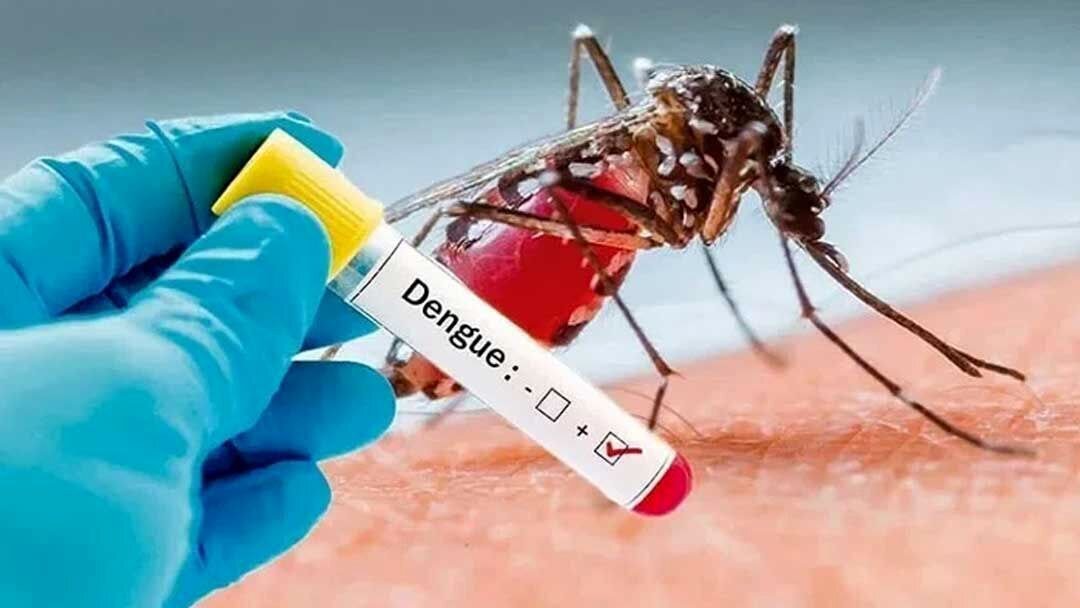More than 940 cases of dengue fever reported

TEHRAN –According to the health ministry, 945 cases of dengue fever have been diagnosed so far in the country.
The total number of people who have been infected inside the country has risen to 746 cases, while 197 have been infected outside the country, IRNA quoted Qobad Moradi, an official with the health ministry, as saying.
Among travel-associated cases, two were reported to be Chikungunya. The infected people live in Chabahar but have been infected outside the country.
Dengue is a viral infection transmitted to humans through the bite of infected mosquitoes. The disease is transmitted through the bite of Aedes aegypti and Aedes albopictus mosquitoes. These mosquitoes also transmit Zika and Chikungunya virus.
Mosquitoes only need a small amount of water to lay eggs. Bowls, cups, fountains, tires, barrels, vases, and any other container storing water make a great nursery.
Dengue disease has different infectious phases, including the fever phase, critical phase, and recovery phase.
Aedes aegypti, and Aedes albopictus have been so far recorded in Hormozgan, Sistan-Baluchestan, Bushehr, Gilan, Mazandaran, Ardebil, Zanjan, Qazvin, and East Azarbaijan provinces, respectively.
Aedes aegypti is a more invasive mosquito that is more common in Iran. Due to the physiology of this mosquito, people in contaminated areas are told to wear clothes that cover most parts of their bodies in the first two hours of the morning and two hours before the evening.
Transmission occurs two days before showing symptoms and two days after the fever.
The disease can spread from mosquitos to humans, from humans to mosquitos, and from humans to humans through blood transfusion, organ transplant, and mother to child in pregnancy.
The lifespan of Aedes is between one to 4 weeks; they take blood meals every 1 – 2 hours, accounting for 40 to 50 meals throughout their lifespan.
About 40 to 80 percent of patients with dengue have mild or no symptoms, by adhering to sanitation practices, dengue fever cases can be reduced by 70 percent.
Chikungunya is also a mosquito-borne viral disease that causes fever and severe joint pain.
The mosquitoes involved are Aedes aegypti and Aedes albopictus, the same species that transmit dengue and zika viruses.
According to the World Health Organization (WHO), there is no specific treatment for dengue. The focus is on treating pain symptoms. Most cases of dengue fever can be treated at home with pain medicine.
Acetaminophen is often used to control pain. Non-steroidal anti-inflammatory drugs like ibuprofen and aspirin are avoided as they can increase the risk of bleeding.
Lower the risk of getting dengue by protecting yourself from mosquito bites by wearing clothes that cover as much of your body as possible, using mosquito repellents and window screens.
MT/MG
